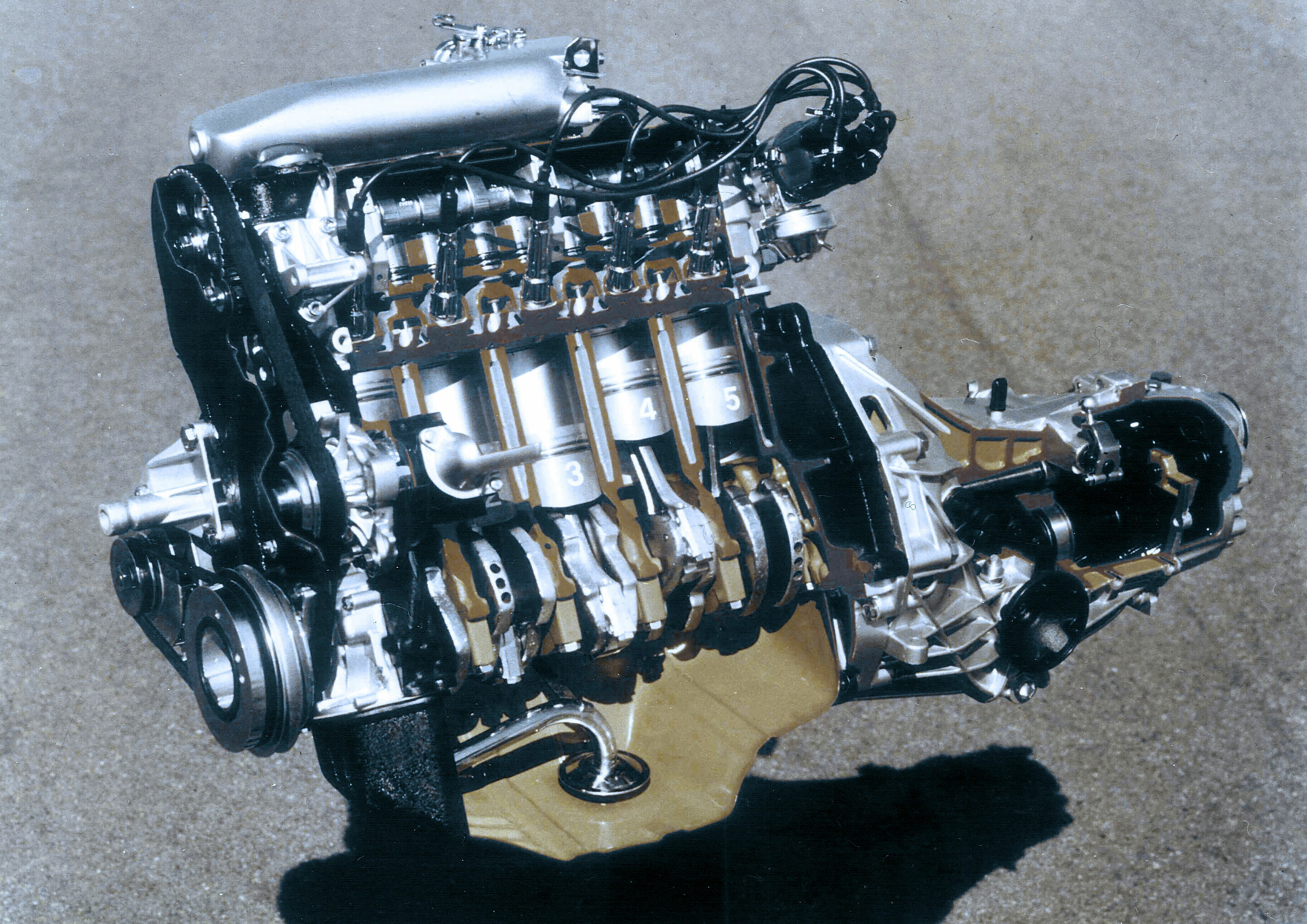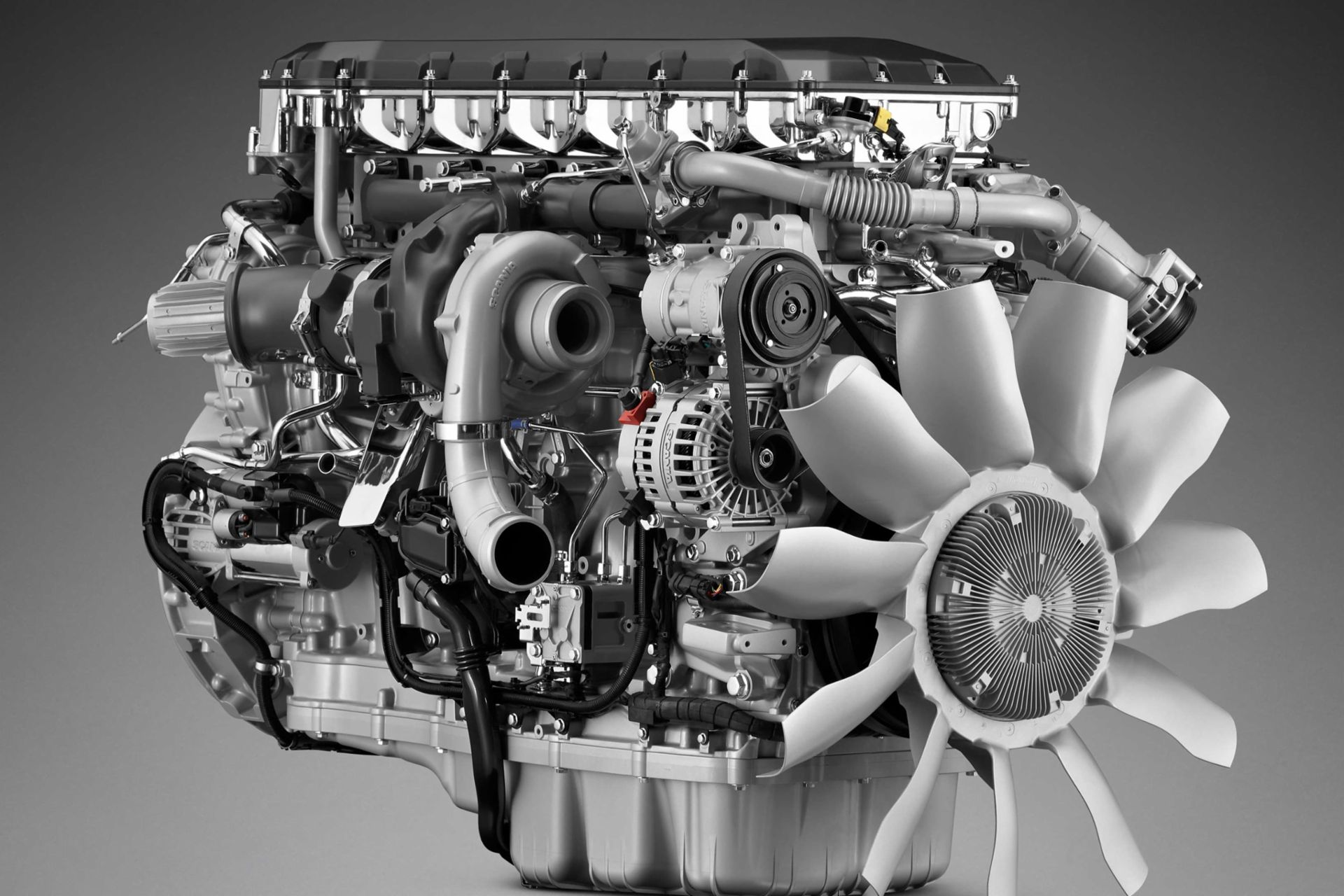Store Engines for Africa and More at Our Considerable Automobile Parts Shop
Store Engines for Africa and More at Our Considerable Automobile Parts Shop
Blog Article
The Effect of Innovative Engine Technologies on Energy Effectiveness and Environmental Sustainability
In the world of transport and commercial machinery, the constant mission for boosted power performance and minimized ecological influence has actually led to substantial innovations in engine innovations. From the gradual shift towards electrical and hybrid systems to the combination of turbocharging for enhanced performance, the landscape of engines is evolving rapidly.
Advancement of Engine Technologies
The development of engine technologies over the decades has been noted by continual development and refinement in pursuit of improved efficiency and performance. From the very early days of internal burning engines to the innovative hybrid and electric powertrains these days, the evolution of engine technologies has been driven by a relentless mission for improved fuel efficiency and reduced discharges.
One substantial milestone in this development was the development of turbocharging and straight injection systems, which considerably boosted engine power output while improving gas efficiency. These technologies enabled smaller, extra lightweight engines that could deliver the efficiency of larger ones without endangering on effectiveness.
Additionally, innovations in products science have led to the extensive adoption of lightweight products such as light weight aluminum and carbon fiber in engine construction. This has not just reduced general vehicle weight but has actually additionally enhanced engine effectiveness by lessening power losses related to inertia and friction.
Benefits of Electric and Crossbreed Equipments
With the growing emphasis on sustainability and energy effectiveness, what advantages do hybrid and electrical systems offer in the realm of engine modern technologies? Furthermore, electric and hybrid systems are a lot more energy-efficient, transforming a greater portion of stored energy right into propulsion contrasted to conventional engines. Crossbreed systems incorporate the advantages of electrical propulsion with the flexibility of a burning engine, offering expanded lowering and driving arrays array anxiousness for consumers transitioning to electric cars.
Turbocharging for Improved Efficiency
Innovative engine innovations like electrical and hybrid systems have led the way for innovations in car efficiency, with turbocharging emerging as an essential strategy for enhancing total efficiency and sustainability. Turbocharging works by using a generator to compel more air into the burning chamber, enabling far better gas combustion and boosted power outcome without a considerable boost in engine dimension. This procedure, called forced induction, makes it possible for smaller sized, much more fuel-efficient engines to generate power levels comparable to larger ones. By maximizing the performance of the burning process, turbocharged engines can accomplish better fuel economic situation and reduced emissions, adding to ecological sustainability. Additionally, turbocharging enhances engine responsiveness, giving vehicle drivers with a much more dynamic driving experience. The widespread adoption of turbocharged engines in both gas and diesel lorries shows their performance in balancing efficiency, efficiency, and environmental influence. As automotive suppliers continue to refine turbocharging technology, its role in advertising energy efficiency and sustainability in the transportation market is expected to grow better.
Harnessing Different Fuels
Harnessing different gas offers an encouraging opportunity for lowering carbon discharges and diversifying the power sources utilized in transport. As the world aims to battle climate adjustment and reduce dependency on nonrenewable fuel sources, alternate fuels have actually gotten considerable focus for their possible ecological and financial benefits.
Biofuels, such as check here ethanol and biodiesel, are originated from eco-friendly sources like algae, sugarcane, and corn, using a cleaner burning option to standard gasoline and diesel. These fuels can be blended with existing petroleum fuels or used in devoted engines, giving a pathway to reduced greenhouse gas discharges and boost air top quality.
Additionally, hydrogen gas cells have become a promising technology for zero-emission transportation. engines for africa. By transforming hydrogen gas right into electrical energy to power electrical motors, fuel cell cars create only water vapor as a result, eliminating harmful tailpipe discharges totally
Along with decreasing carbon discharges, different fuels can also enhance energy safety by diversifying the gas mix and lowering dependence on imported oil. Accepting alternative gas in transport is an important step towards attaining a redirected here more sustainable and eco friendly future.

Future potential customers and environmental benefits
The ecological advantages of different fuels and their possibility for long-lasting sustainability are crucial factors to consider in the change in the direction of cleaner power resources. Alternative gas, such as biofuels, hydrogen, and electrical power, offer significant ecological benefits contrasted to typical nonrenewable fuel sources. These fuels generate reduced degrees of greenhouse gas emissions, minimizing air pollution and mitigating climate adjustment effects. Additionally, different fuels can help branch out energy sources, boosting power protection and decreasing reliance on limited sources.
Innovations in modern technology continue to improve the efficiency and cost of different gas lorries, making them a lot more easily accessible to customers. By embracing cutting-edge innovations and alternate fuels, the course in the direction of a more lasting future comes to be increasingly attainable.

Verdict
In verdict, innovative engine technologies have played an essential role in enhancing power performance and advertising environmental sustainability. The evolution of engine modern technologies, fostering of electric and hybrid systems, application of turbocharging, and expedition of alternative gas have all added to reducing exhausts and boosting effectiveness.
In the world of transport and commercial machinery, the continual quest for boosted energy effectiveness and minimized ecological impact has led to significant advancements in engine modern technologies. Turbocharging jobs by utilizing a generator to compel even more air into the combustion chamber, permitting for far better gas combustion and increased power result without a significant rise in engine dimension. By making the most of the efficiency of the combustion procedure, turbocharged engines can attain improved gas economy and reduced exhausts, adding to environmental sustainability. check this Alternative fuels, such as biofuels, hydrogen, and electrical energy, deal considerable ecological advantages contrasted to traditional fossil fuels. The development of engine modern technologies, fostering of hybrid and electrical systems, usage of turbocharging, and expedition of different fuels have all contributed to raising and decreasing discharges effectiveness.
Report this page